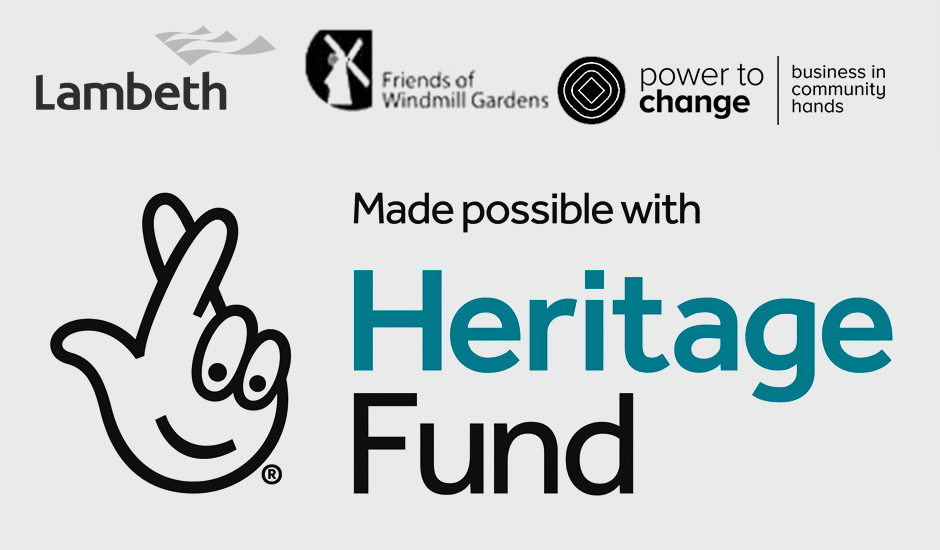Abs Holsborough

Lead miller
Tell us a bit about yourself – what do you do when you’re not volunteering?
I’m a student at Wimbledon Arts College, and I also do freelance work in museums and the like – anything that’s community-based or for public information. I have worked at London Transport Museum, and I currently drive the trains on the Mail Rail at the Postal Museum.
What sort of volunteering work do you do with FoWG?
Every couple of weeks I head in for my milling role – getting our flour orders ready and out to the shops. We literally grab a couple of sacks of our heritage grain, pour them into the hopper and adjust the stones. When the consistency of the flour feels right we let the machine do its thing and have a cup of tea. Once the grain has gone through we start to pack the flour into bags. There’s a cleaning process before and after milling, and with three or four millers it takes about two hours in all, depending on the number of orders.
How did you get into volunteering with FoWG?
I’m from Walthamstow originally and had just moved to Brixton when Lambeth Council re-tweeted a post from Brixton Windmill. I had no clue there was a windmill in Brixton and I sent an email saying “Hey, I’d like to volunteer and find out what you guys are all about”. The lead miller, Shaun, showed me the ropes, and from then on I was pretty busy – my first milling sessions coincided with the Christmas rush, and I’ve not left since. I’ve volunteered in a lot of places but I’ve never done anything like this before!
What’s your favourite thing about volunteering?
Volunteering is very important to me. When I was a bit younger I was an air cadet. After moving to Brixton it felt important to have some connection to the area. With Brixton Windmill, it’s just great having the opportunity to switch off and leave my phone behind. I’m very focused on what we’re doing – there’s a set process, and it’s very calming to work it through. I really enjoy that.
What advice would you give to someone looking to volunteer?
In terms of volunteering in general, it’s always good to follow the things you’re interested in, because it means you’ll stick around longer. All charities are dependent on people volunteering their time, and in return you can keep on improving those skills. Have a look on the FoWG website – there’s loads of roles that you can get involved in, not just milling. And of course, come and visit us when things are back to normal, just to get a feel for the place.
How do you feel you’ve benefited from volunteering with FoWG?
A lot of ways! I think the first thing is just getting an introduction to Brixton and the local people, from the people who are volunteering with me to the shops that I deliver flour to. It’s been a way to get familiar with everyone keeping this living, breathing windmill still going after all these years – and even now in this time of pandemic, when we’re keeping the milling operation going to serve the local community. It’s great to be part of that.
Finally, tell us a surprising fact about the windmill that people may not know.
Only very recently I found out about the monkey’s fist. I’d seen the knotted bits of rope on the banisters of the mill, but I didn’t know that the same kind of knots had once been used by sailors to throw cables, and also as an improvised weapon!

